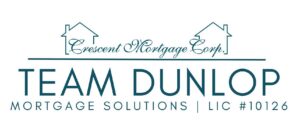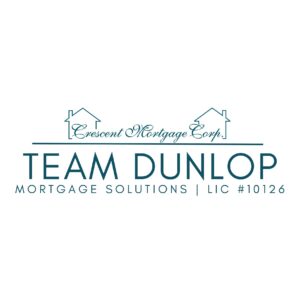First and foremost, you have to make sure you have enough money for a down payment – the portion of the purchase price that you furnish yourself. To qualify for a conventional mortgage you will need a down payment of 20% or more. However, you can qualify for a low down payment insured mortgage with a down payment as low as 5%.
Secondly, you will require money for closing costs (up to 2.5% of the basic purchase price). If you want to have the home inspected by a professional building inspector – which we highly recommend – you will need to pay an inspection fee. The inspection may bring to light areas where repairs or maintenance are required, and will assure you that the house is structurally sound. Usually the inspector will provide you with a written report. If they don’t, then ask for one.
You will be responsible for paying the fees and disbursements for the lawyer or notary acting for you in the purchase of your home. We suggest you shop around before making your decision on who you are going to use, because fees for these services may vary significantly. There are closing and adjustment costs, interest adjustment costs between buyer and seller and, depending on where you live, land transfer tax – a one-time tax based on a percentage of the purchase price of the property and/or mortgage amount.
Finally, you will be required to have property insurance in place by the closing date. And you will be responsible for the cost of moving. Remember, there will be all kinds of things you’ll have to purchase early on – appliances, garden tools, cleaning materials etc. So factor these expenses into your initial costs.


Leave A Comment